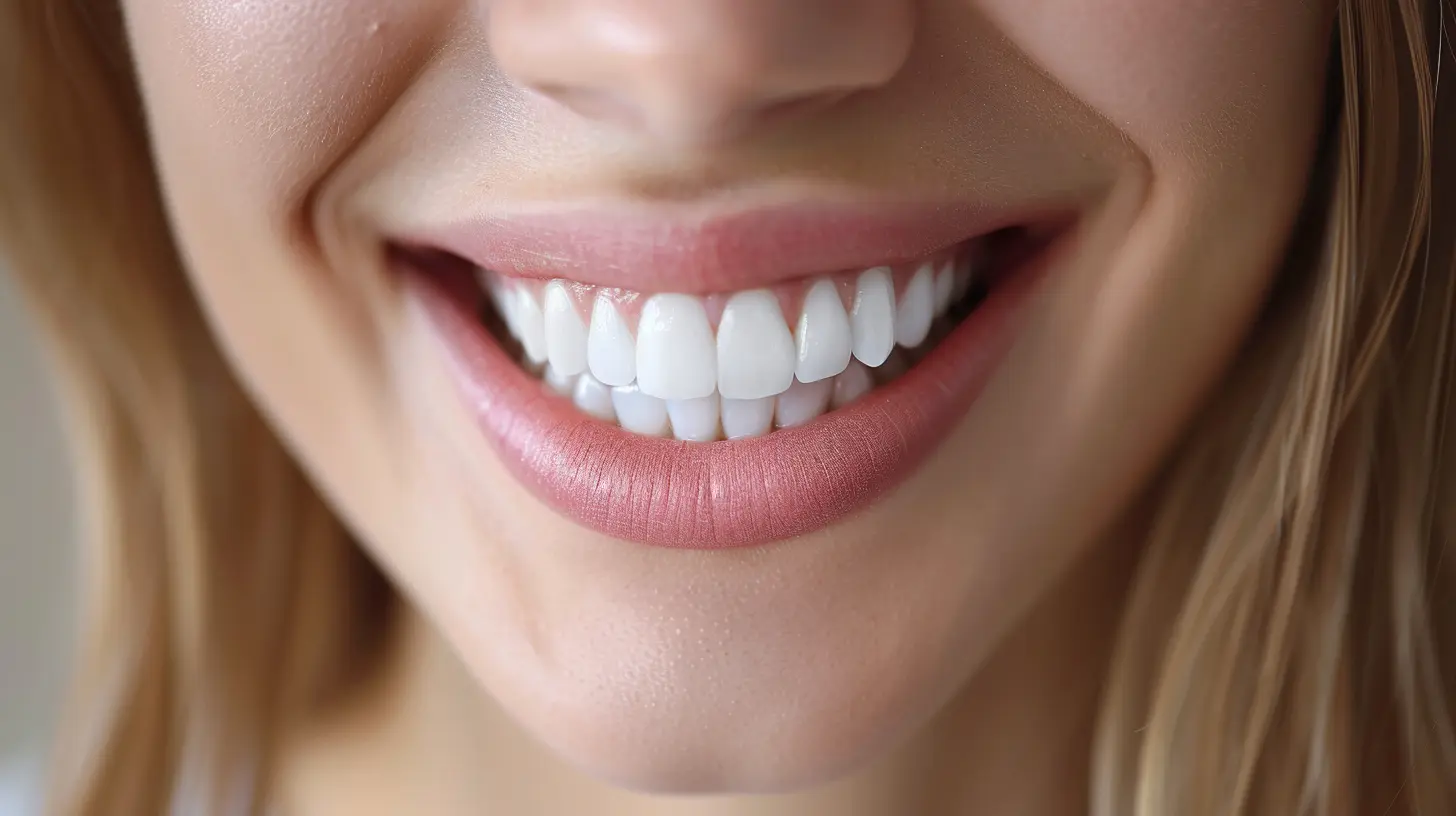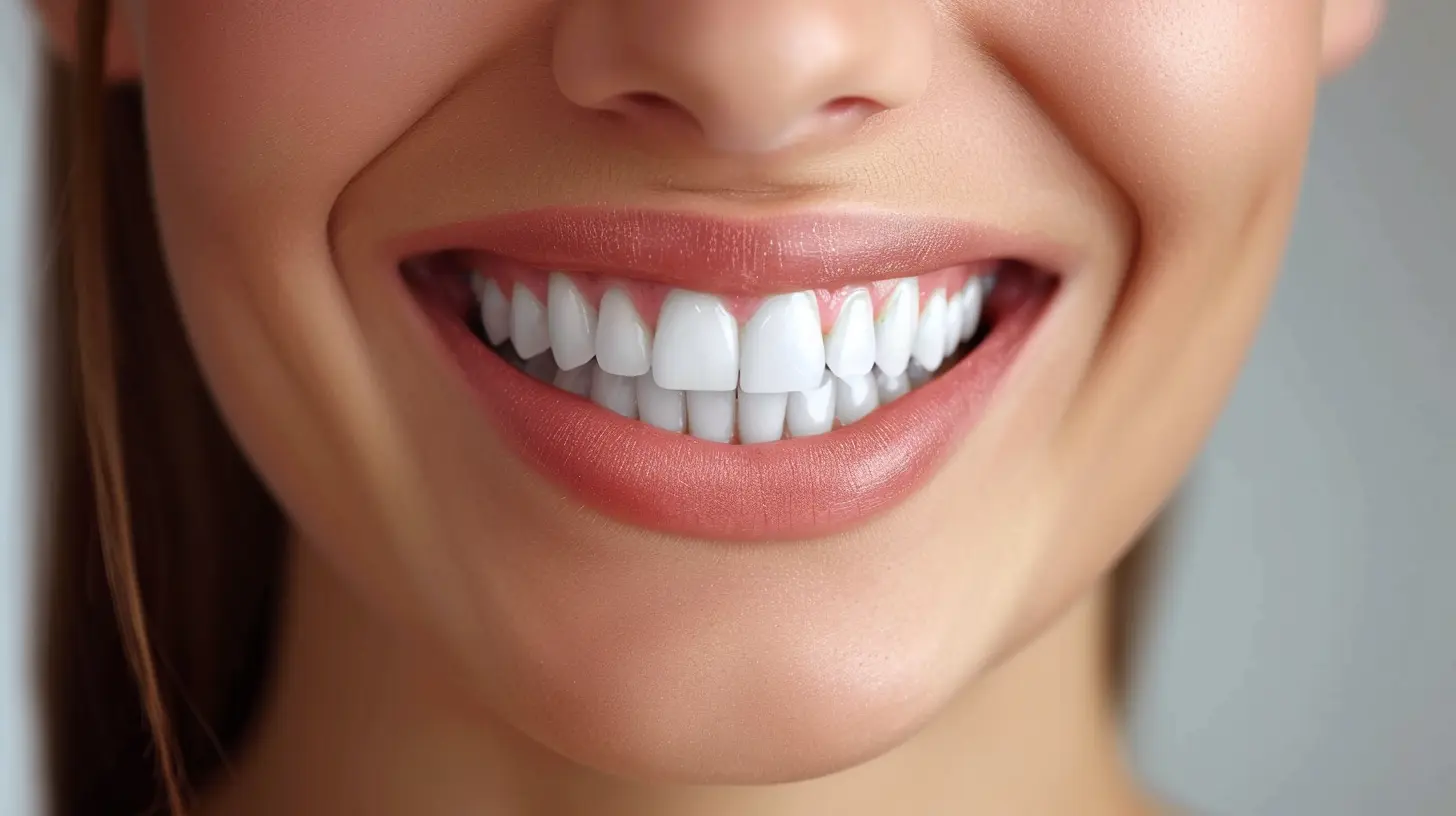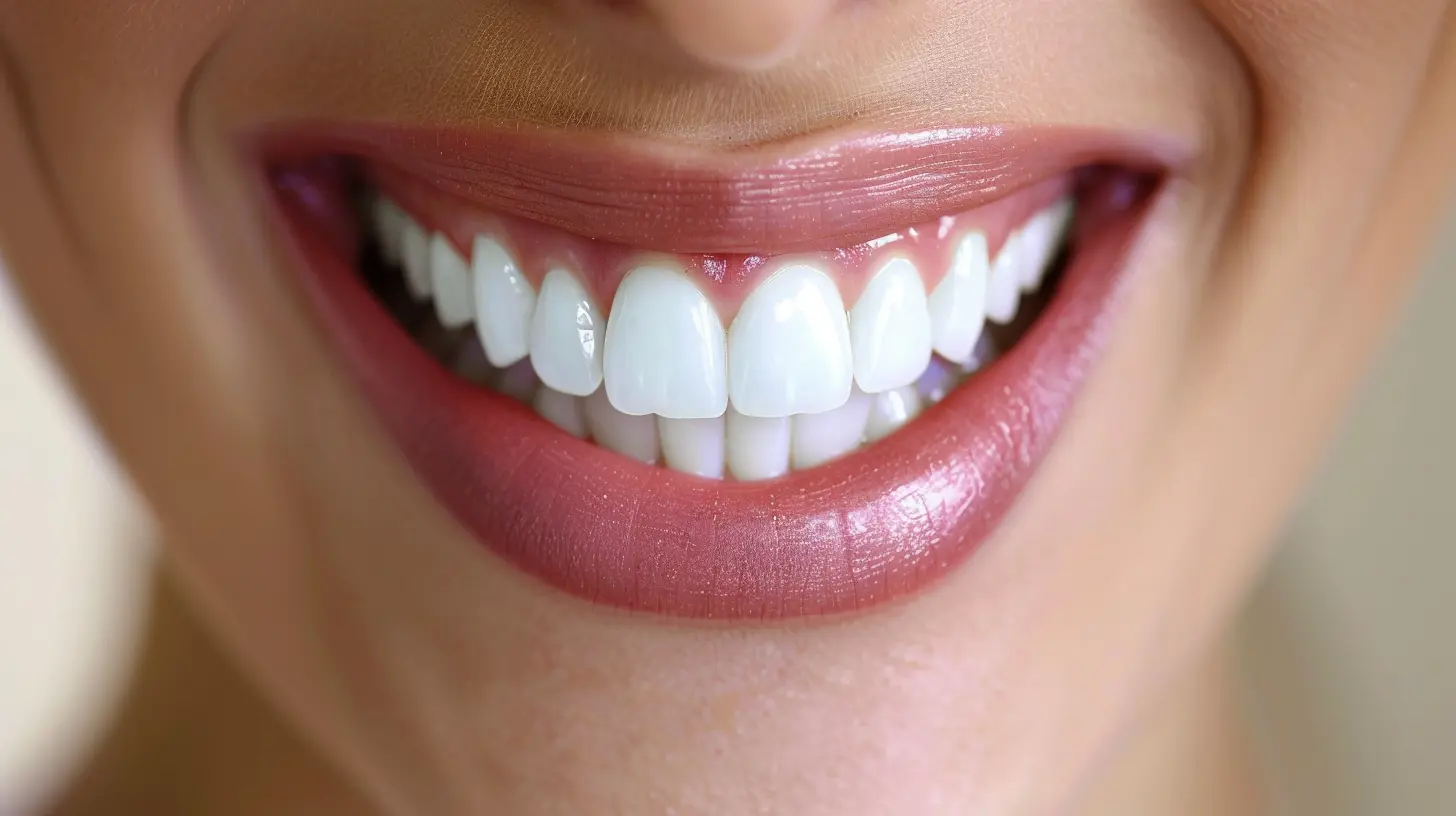How to Prevent Plaque Buildup Between Dental Visits
12 June 2025
Taking care of your teeth is more than just brushing and flossing. Plaque buildup can lead to cavities, gum disease, and even tooth loss if ignored. While regular dental visits are essential, what you do in between those appointments plays a significant role in keeping your smile healthy.
So, how can you prevent plaque buildup between dental visits? Let’s dive into some simple yet effective habits that will keep your teeth clean, strong, and cavity-free! 
What Is Plaque and Why Is It a Problem?
Before tackling prevention, it’s essential to understand what plaque is and why it’s such a big deal.Plaque is a sticky, colorless film of bacteria that constantly forms on your teeth. Every time you eat or drink, bacteria feed on sugars and produce acids that can erode your enamel. If you don’t remove plaque regularly, it can harden into tartar, which is much harder to get rid of and can lead to serious dental problems like gum disease and cavities.
Now that we know what we’re up against, let’s look at the best ways to keep plaque at bay! 
1. Brush Properly Twice a Day
Brushing is the most basic yet most crucial habit for preventing plaque buildup. However, just running a toothbrush across your teeth isn’t enough—you need the right technique!How to Brush Effectively:
- Use a soft-bristled toothbrush to avoid damaging your gums.- Brush for at least two minutes each time.
- Angle your toothbrush at 45 degrees and use gentle, circular motions.
- Don’t forget your tongue! Bacteria love to hang out there, causing bad breath.
- Replace your toothbrush every three to four months (or sooner if the bristles fray).
A quick swipe won’t cut it—be thorough, and your teeth will thank you! 
2. Floss Like a Pro
Brushing cleans the surface of your teeth, but what about the spaces in between? That’s where flossing comes in.Why Flossing Matters:
Plaque loves to hide between your teeth, and once it hardens into tartar, only a dentist can remove it. Flossing helps remove food particles and plaque from those tight spaces before they cause trouble.Flossing Tips:
- Use about 18 inches of floss (yes, more than you think!).- Gently glide the floss up and down, hugging the curves of each tooth.
- Don't snap the floss—your gums will appreciate the gentleness.
- Use floss picks if traditional flossing feels like a chore.
Make flossing a daily habit, and you’ll significantly cut down on plaque buildup! 
3. Use an Antibacterial Mouthwash
Think of mouthwash as the cherry on top of your oral hygiene routine. While it doesn’t replace brushing or flossing, it adds an extra layer of defense against plaque and bacteria.Choosing the Right Mouthwash:
- Look for an antibacterial or fluoride-based mouthwash.- Avoid alcohol-heavy options if you have sensitive gums.
- Swish for at least 30 seconds before spitting it out.
Mouthwash reaches places your brush and floss can’t, making it a great addition to your routine.
4. Watch What You Eat
Your diet plays a bigger role in oral health than you might think. Certain foods can either help or hurt your teeth.Foods That Help Prevent Plaque:
✔ Crunchy fruits and veggies (like apples, carrots, and celery) act as natural toothbrushes, scrubbing away plaque.✔ Dairy products (like cheese and yogurt) help strengthen enamel with calcium and phosphates.
✔ Nuts and seeds provide essential minerals that keep teeth strong.
Foods That Promote Plaque:
❌ Sugary snacks and sodas fuel bacteria, increasing acid production and plaque buildup.❌ Sticky candies get stuck between your teeth, making them even harder to clean.
❌ Refined carbs (like white bread or chips) break down into sugars that bacteria love.
Making smart food choices isn't just good for your body—it’s great for your teeth, too!
5. Drink Plenty of Water
Water is the unsung hero of oral health. It washes away food particles, neutralizes acid, and prevents dry mouth—all of which help reduce plaque buildup.How Water Helps:
- Stimulates saliva production, which naturally fights bacteria.- Rinses away leftover food debris after eating.
- Reduces acidity in your mouth, preventing enamel erosion.
Keep a bottle of water handy and take sips throughout the day—your teeth will stay cleaner in the process.
6. Chew Sugar-Free Gum
Can gum actually help prevent plaque? Absolutely!Sugar-free gum stimulates saliva production, which helps wash away food particles and neutralize acids in your mouth. Just make sure you choose a gum with xylitol, a natural sweetener that fights bacteria instead of feeding it.
Chewing gum isn’t an excuse to skip brushing, but it’s a great supplemental habit when you’re on the go!
7. Avoid Smoking and Tobacco Products
If you smoke, quitting will do wonders for your oral health. Tobacco use encourages plaque buildup, stains teeth, and increases the risk of gum disease.How Smoking Harms Your Teeth:
- Reduces saliva flow, making plaque harder to wash away.- Promotes gum inflammation, leading to infections.
- Increases your risk of tooth loss and bad breath.
Quitting isn’t easy, but the benefits for your teeth (and overall health) make it more than worth the effort!
8. Don’t Skip Your Dental Checkups
Even with the best at-home care, regular dental visits are non-negotiable. Professional cleanings remove stubborn plaque and tartar, and your dentist can spot early signs of trouble before they become major issues.How Often Should You Go?
- The typical recommendation is every six months for a checkup and cleaning.- If you have gum disease or a history of dental problems, your dentist may suggest more frequent visits.
Think of your dentist as your teammate—working together ensures your oral health stays top-notch.
Final Thoughts
Preventing plaque buildup between dental visits isn’t rocket science—it’s all about consistent daily habits. By brushing, flossing, using mouthwash, eating right, and keeping up with dental checkups, you can keep plaque under control and enjoy a lifetime of healthy smiles.Your teeth work hard for you every day—so return the favor by giving them the care they deserve.
all images in this post were generated using AI tools
Category:
Healthy TeethAuthor:

Jackson Mahoney
Discussion
rate this article
2 comments
Leah McConkey
Consistent care yields results.
June 20, 2025 at 10:45 PM

Jackson Mahoney
Absolutely! Regular care is key to maintaining oral health and preventing plaque buildup.
Dax McElveen
Consistency is key; daily habits prevent plaque.
June 16, 2025 at 4:46 PM

Jackson Mahoney
Absolutely! Consistent daily habits, like regular brushing and flossing, are essential for preventing plaque buildup and maintaining oral health.


